No products in the cart.
Return To ShopWomen, Peace and Security in Northeast India
The states in the northeast of India have been subject to multiple protracted conflicts. In the cases where the gendered nature of these conflicts is considered, stereotypes of women as passive victims or natural peacemakers tend to be reproduced, and scholars follow the establishment’s cues in employing analyses from a conventional security studies perspective, focusing on ceasefires and surrender packages for militants, male-dominated negotiations over autonomy and statehood, and ‘homeland’ politics. Even as women have become increasingly vocal in civil society attempts to resolve conflict and build peace in the region, their voices and work are ignored. The media has turned its spotlight on activists like the Meira Paibis and Irom Sharmila, but has yet to acknowledge the significance of women’s everyday resistance, activism and agency – and this lack of attention is a further aspect of their marginalization.
This volume sheds light on the successes and failures of the women’s movements in and of the region; women’s responses and engagements with conflict and peace-building; as well as their challenges, aspirations and experiences as agents of change. It adds important insights into the debate on gender and political change in societies affected by conflict. Moreover, by engaging critically with the ‘women, peace and security’ literature, the volume takes a fresh look at ‘universalist’ feminist and interventionist biases, questioning the notion that peace processes should be treated as windows of opportunity for women’s empowerment and positing that it is crucial to understand gender relations during conflict as historically contingent, complex and multifaceted, and intertwined in the social fabric.
ISBN: 978-93-85932-30-4
Categories: Academic, Academic, Books, Books from the North East, Books from the North East, e-Books
| Page Count | |
|---|---|
| Binding | |
| Author | |
| Year of Publication |
Be the first to review “Women, Peace and Security in Northeast India” Cancel reply
You must be logged in to post a review.
You may also like...
The Peripheral Centre: Voices from India’s Northeast (Zubaan Classics)
Select format This product has multiple variants. The options may be chosen on the product pageOnce Upon a Life: Burnt Curry and Bloody Rags
Select format This product has multiple variants. The options may be chosen on the product pageBooks, Fiction, Books from the North East, Feminism In India Recommends, e-Books, Fiction, Books from the North East, Feminism In India Recommends
When the River Sleeps
Select format This product has multiple variants. The options may be chosen on the product pageRelated products
The Search for Justice: The Sri Lanka Papers
Select format This product has multiple variants. The options may be chosen on the product pageHer Space, Her Story: Exploring the Stepwells of Gujarat
Select format This product has multiple variants. The options may be chosen on the product pageDalit Women Speak Out: Caste, Class and Gender Violence in India
Select format This product has multiple variants. The options may be chosen on the product pageTransgressing Boundaries: The Songs of Shenkottai Avudai Akkal
Select format This product has multiple variants. The options may be chosen on the product pageRecasting Women: Essays in Colonial History
Select format This product has multiple variants. The options may be chosen on the product pageFeminist Subversion and Complicity: Governmentalities and Gender Knowledge in South Asia
Select format This product has multiple variants. The options may be chosen on the product pageDiverting the Flow: Gender Equity and Water in South Asia
Select format This product has multiple variants. The options may be chosen on the product pageShikhandi and Other Tales They Don’t Tell You
Select format This product has multiple variants. The options may be chosen on the product pageReconfiguring Reproduction: Feminist Health Perspectives on Assisted Reproductive Technologies
Select format This product has multiple variants. The options may be chosen on the product pageContesting Nation: Gendered Violence in South Asia: Notes on the Postcolonial Present
Select format This product has multiple variants. The options may be chosen on the product pageContact Us
© Zubaan 2019. Site Design by Avinash Kuduvalli.
Payments on this site are handled by CCAvenue.






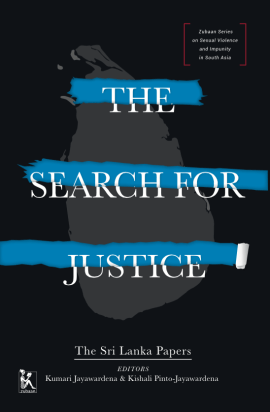


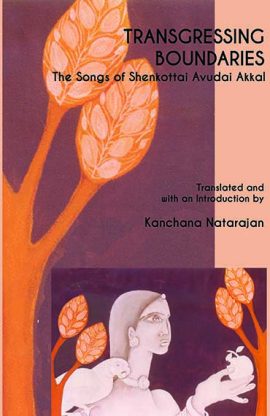

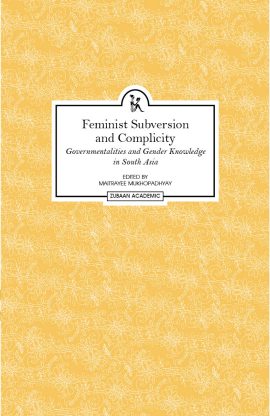
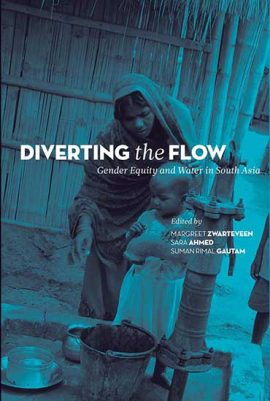

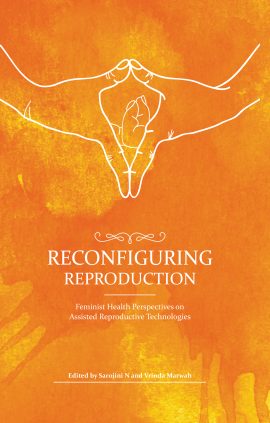
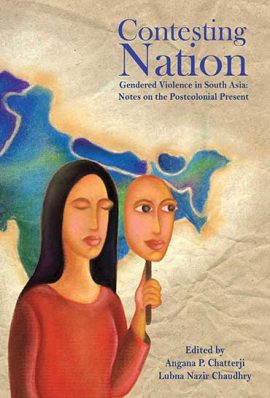
Reviews
There are no reviews yet.